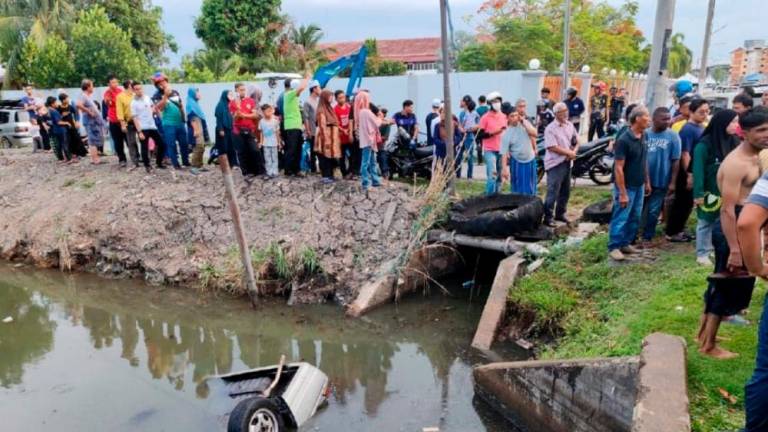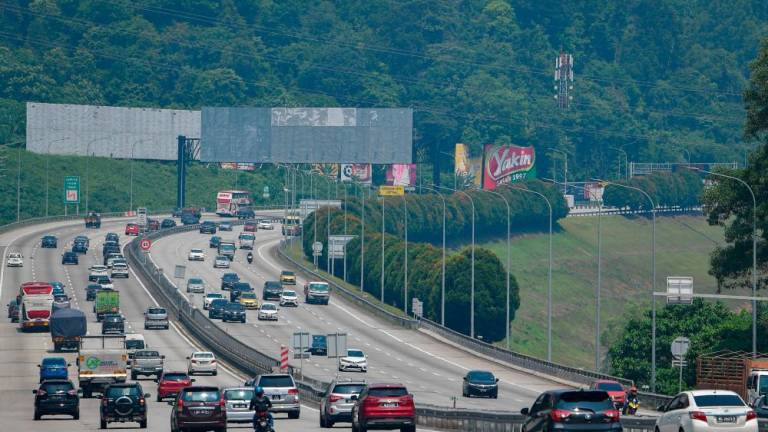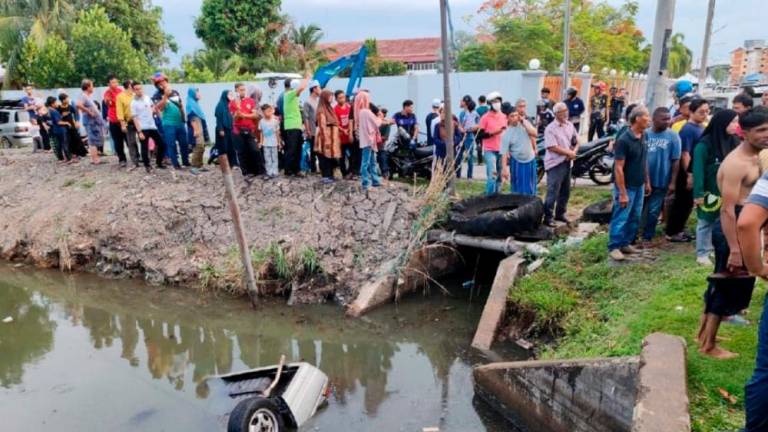WITH the outrage over Sungai Kim Kim in Johor and now, Sungai Selangor in my home state, perhaps we should take a different tact when dealing with any factory near a river.
I suggest the government scrutinise every factory near a river with the same diligence that it has done for the Lynas Advanced Material Plant.
Why not? If we read the special report by a news portal on the rivers of Johor, this issue has been prolonged for far too long and many rivers are polluted. Every factory near a river or any facility that discharges waste into a river should face the same questions and quality tests.
Thus, it is time that every factory and industry near a river face the same outrage and fear as Lynas does. Let all the factories be scrutinised by NGOs on what they discharge or dispose as waste.
The Australian rare earth plant has received brickbats for everything from storage of waste material, hindrances to recycling their waste, and accusations of poisoning.
The company even had to have public hearings with the local community to explain their systems and have the government explain the scientific and environmental impact of its operations.
Yet the factories in Pasir Gudang have escaped the same scrutiny.
It is not the same level of scrutiny focused on sand mining by a state-owned company that spilled diesel into the river in Selangor and polluted water supply in the Greater Klang Valley.
And we can be sure it is not the same level of scrutiny applied to the factories in Kedah, which is now lamenting how its rivers are seeing an increase in pollution.
It is time that all factories along rivers, and those accused of polluting the environment face the same level of scrutiny.
River pollution in Malaysia is caused by two things: factory discharge, and litterbugs who don’t understand the use of a rubbish bin or the need to call waste disposal services to clear bigger waste.
When factories that discharge filtered waste water into rivers skip a step or don’t strictly follow the rules, rivers are polluted. This, as well as the inability of government agencies to trace the source pollution to hold accountable those responsible has raised the ire of the public.
To effectively monitor each factory, it must be made mandatory for all these factories to have automated and centrally monitored sensors linked to state environmental agencies.
Affected factories will complain of the cost and the government may have to help install and maintain the sensors.
Or, the government could offer a tax break for the first two years.
Having effective monitoring systems and the internet of things would allow the government to identify the culprits and punish them. Factories that continue to pollute after warnings and fines should be closed down.
The Malaysian Anti-Corruption Commission and the government are pushing to amend laws to compel companies to show who receives the profits from business ventures. This would help trace the ownership of factories (legal and illegal) near rivers.
There is the allegation that some errant companies are “protected” and any action against them is side tracked. To tackle this, government will need to rely on civil society, the media and society as a whole to step up and put pressure on those protecting polluters.
With enough pressure from the ground, the government will have to act against the polluters.
While educational campaigns are good for general society, it does not work for errant factories. Such factories only make corrections when its managers and owners are punished with hefty fines, shutdowns. Laws should be amended to make the guilty parties pay for the cleanup and damages; victims must be compensated.
Comments: letters@thesundaily.com















